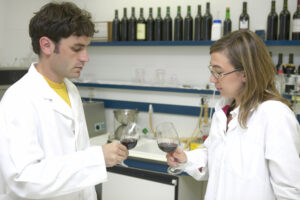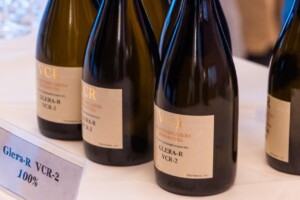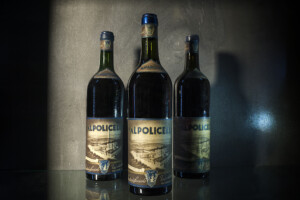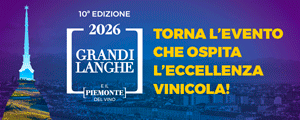Contrary to common belief, wine criticism, which has become an increasingly important part of the wine sector in recent years, may have already existed during the Middle Ages. The young historian from the University of Bologna, Yann Grappe, has in fact collected several testimonies to the fact that during the so-called Dark Ages there was actually great interest in the quality of wine. Grappe’s study, “Sulle tracce del gusto. Storia e cultura del vino nel Medioevo” (Tracking Taste. The History and Culture of Wine in the Middle Ages - Publisher Laterza, Bari), was presented recently at a convention on the philosophy of wine organized by the University of Gastronomic Sciences in Pollenza and by Slow Food.
And Grappe explained in an interview with WineNews that, “the interesting thing about disproving these common beliefs was not that of trying to remake wine as it was done in that epoch, but investigating what the people who actually drank the wine said about it, analyzing their discussions”. And by doing just this, the historian’s conclusion was: “we find that wine is not just a common and indistinct product, but is projected in a very diversified dimension”.
The writings of the Florentine Franco Sacchetti, composed at the end of the 1300’s, is a prime example: “So important is the study of wine that for some time now a large part of Italians have made great efforts to have perfect wines, by having not only wines but also vines sent to them from all over”.
Grappe continues with further evidence: “it is true that very specific methods of sensorial analysis were developed”, like various tests by a French fablieu in the 13th century, who, in order to tempt passers-by to enter and taste the wine of his inn, wrote: “fresh wine, from barrels, it is still full, tasty, smooth, solid and pulpy, agile like a squirrel in the woods, without any trace of mold or acid, flavored with yeasts, limpid like a sinner’s tear, and remains long on the tongue of the gourmet: don’t leave any for the others!”. It is a sort of antique tasting card that points out all of the wine’s qualities as well as the defects that it doesn’t have.
There are also analyses by the medical discipline, like the dietary regimen by the doctor Aldobrandino da Siena, who operated in France during the 13th century: “wines differentiate in color, substance, flavor and smell, according to whether they are new or old, and according to their differences they have different effects on the human body”.
And even the subject of terroir, which we may consider a recent trend, was also discussed so many centuries ago. Grappe noted; “even this is a very important thing. In some texts in fact we not only find the significance of the geographic origin, but also the idea that the terrain can give some of a wine’s particularities. A strong image for an era that was considered “dark” and wine that should have been similar to vinegar”.
Copyright © 2000/2026
Contatti: info@winenews.it
Seguici anche su Twitter: @WineNewsIt
Seguici anche su Facebook: @winenewsit
Questo articolo è tratto dall'archivio di WineNews - Tutti i diritti riservati - Copyright © 2000/2026





































































































































































































